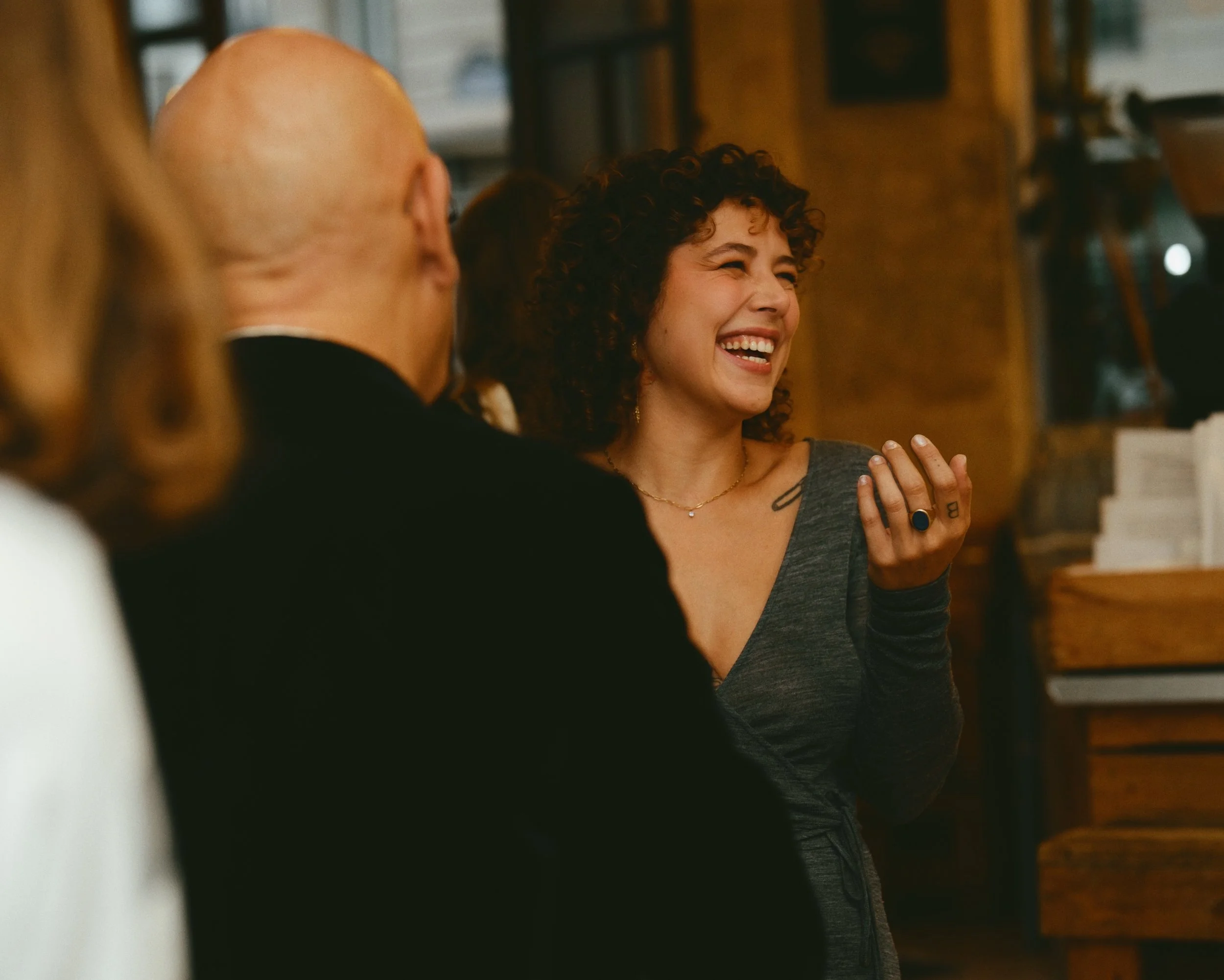“Trained in textile design at Central Saint Martins in London, Valentine Dardel is an artist of the body, light, and memory. These recurring motifs collide in colorful works born from diverse practices (digital and artisanal), animated by the idea of letting go, altering images, and playing with her own references in order to remain within an ambiguity ultimately more sensitive and more eloquent than any overly direct discourse.”
— Maxime Delcourt, Editor-in-Chief, Fisheye Immersive
“Valentine Dardel’s work positions itself against a society obsessed with unattainable physical standards. The fit, rested, smooth, thin, muscular, tanned, rigid, and ever-active body exists only as a truth for the algorithms of patriarchal capitalism. The artist constructs new models by seizing upon what we attempt to conceal—out of modesty or shame.
Across mediums, whether painting or ceramics, these so-called flaws are elevated into landscapes: roughness is amplified to the extreme, to the point of abstraction. In scrutinizing the surface of bodies—especially her own—Dardel reveals unrestrained flesh, slouched postures, and contorted vulnerability. From this emerges the fantasy of a hallucinatory paradise, inhabited by soft, sinuous textures.
From fabric to screen, from Photoshop to paint, from thickness to flatness, her work oscillates between digital and analog. This back-and-forth mechanism generates chromatic palettes that appear random—filtered as if through a thermal or infrared camera, yet always dictated by affective temperature. In the hollows and curves, vibrating, almost extraterrestrial shadows appear, mocking the light. Unveiled by folds, these unreal colors seem to emanate from an inner, dense, and gentle source. Through these lumino-kinetic effects, rays stir colors like caustics across water’s surface.
Thus, the accidents of the skin metamorphose into sensual hallucinations, the clay-like bulges into tangible comforts. Valentine Dardel seeks to reconcile us with buried taboos: she illuminates the folds and recesses of the self.”
— Alexia Abed, Independent Critic – AICA

